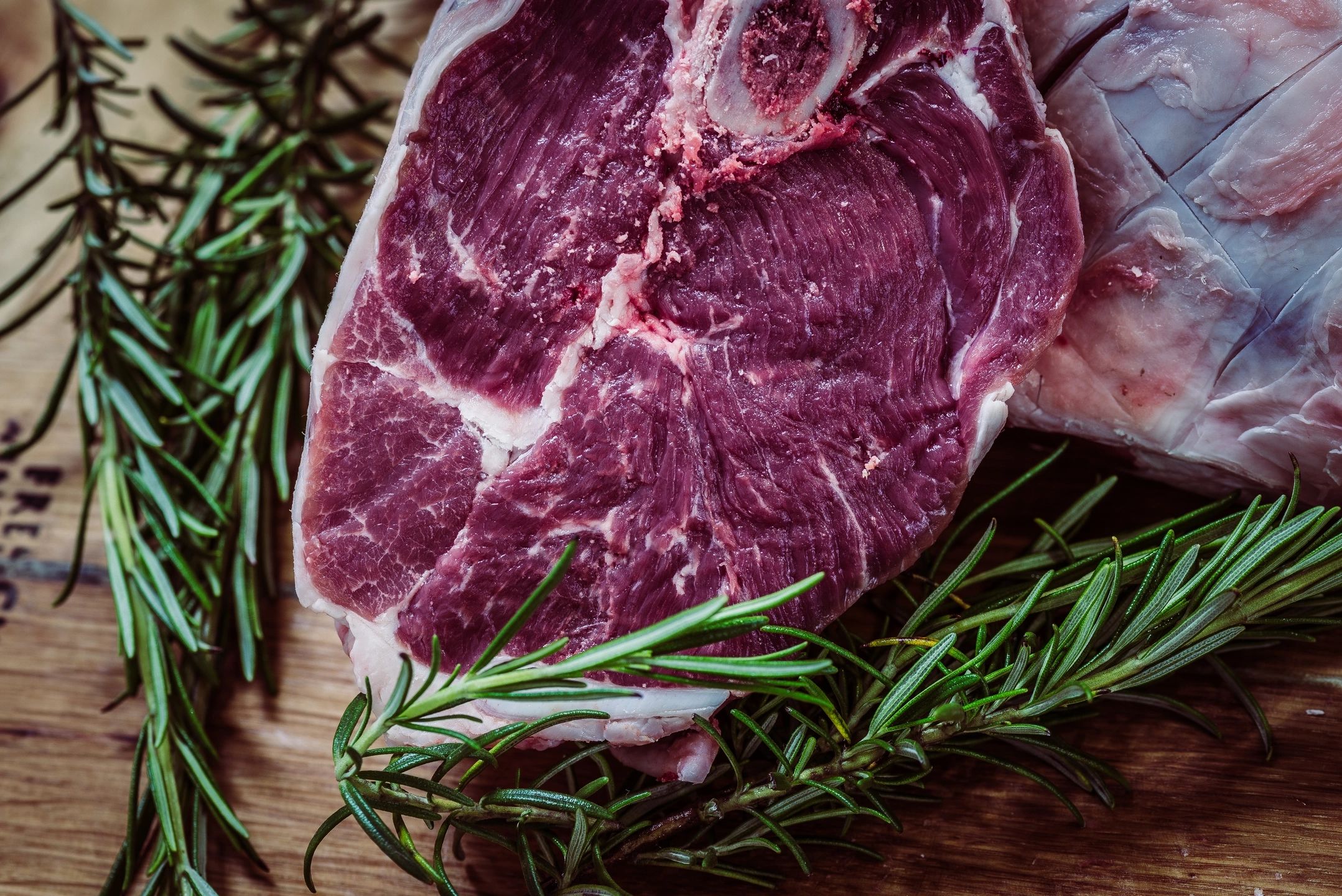Loblaw has issued an apology after confirming that some meat products sold in its stores across Western Canada were underweighted compared to the labeled weight, resulting in customers being overcharged.
The grocer acknowledged the discrepancies following a CBC News investigation published on Thursday, which brought the issue to light.
In a statement to Global News, a Loblaw spokesperson explained that the issue involved “a small number of meat products sold in select stores in Western Canada.”
The CBC investigation revealed underweighted meat products in as many as 80 stores over a period ending December 2023. It also found additional cases of underweighting in Loblaw stores beyond that date, as well as in a Sobeys-owned store and a Walmart location. The investigation reported that price inflation ranged from four to 11 percent due to the errors.
The issue reportedly occurred when food products were weighed to include the packaging, contrary to Canadian Food Inspection Agency (CFIA) guidelines.
“Unfortunately, the error happened as we were converting our meat trays to a more environmentally friendly format and was corrected when discovered,” Loblaw said in a statement to Global News.
The company added that it had addressed inconsistencies identified in two additional stores, emphasizing that 97 percent of its stores were not impacted by the issue.
A Loblaw spokesperson stated that the company has “robust internal processes and controls in place,” but acknowledged they are “subject to the occasional operational error.”
Sobeys also addressed the issue in an email, stating it takes product weighing “seriously” and believes the case was “isolated.” The grocer, owned by parent company Empire Co., has implemented measures to strengthen its procedures.
Loblaw’s statement further emphasized that “any pricing issue that results in an overcharge is one too many,” adding, “We apologize for these errors.”
Mike von Massow, a food economist at the University of Guelph, commented that he would be surprised if the underweighting was intentional. He suggested the issue was more likely due to a technical glitch, insufficient training, or a lapse in quality assurance.
The problem appeared to stem from scales not being properly tared—adjusted to exclude the weight of packaging—resulting in inflated product weights. Von Massow noted that intentional mislabeling on a national scale would carry significant legal and reputational risks.
“If it’s being done on purpose and now we’re covering our butts by saying it was an accident, well then frankly, it’s criminal. I mean, it’s fraud,” von Massow explained. “And in that circumstance, the reputational risk is such that I don’t think most companies would be willing to risk it.”
He also highlighted that some stores selling pre-packaged products from external suppliers could face similar challenges, as external sources might also contribute to underweighting issues.
A Sobeys spokesperson added that fluctuations in product weights could occur due to proteins being frozen and thawed. Customers with concerns about pricing and weights are encouraged to contact their local store.
Von Massow advised consumers to weigh their products at home using baking scales or similar devices to check for discrepancies. In light of the investigation into Loblaw, he expects heightened scrutiny of internal weighing processes across Canadian grocers, along with increased oversight by the Canadian Food Inspection Agency (CFIA).



